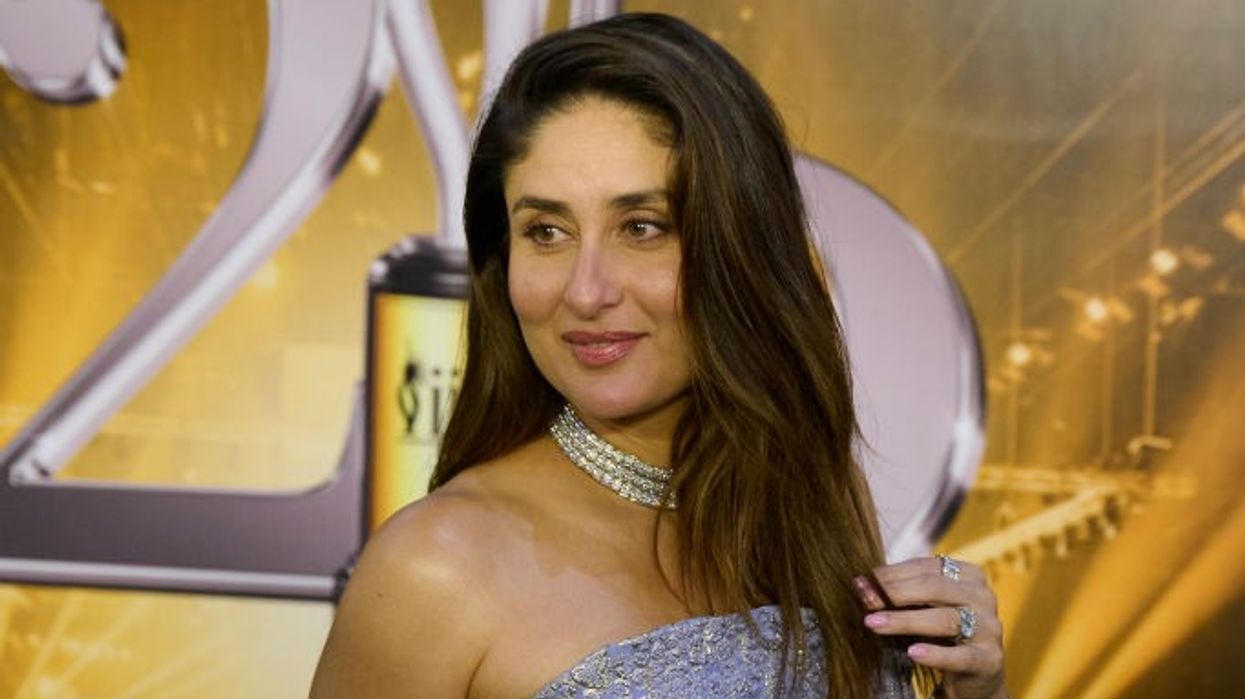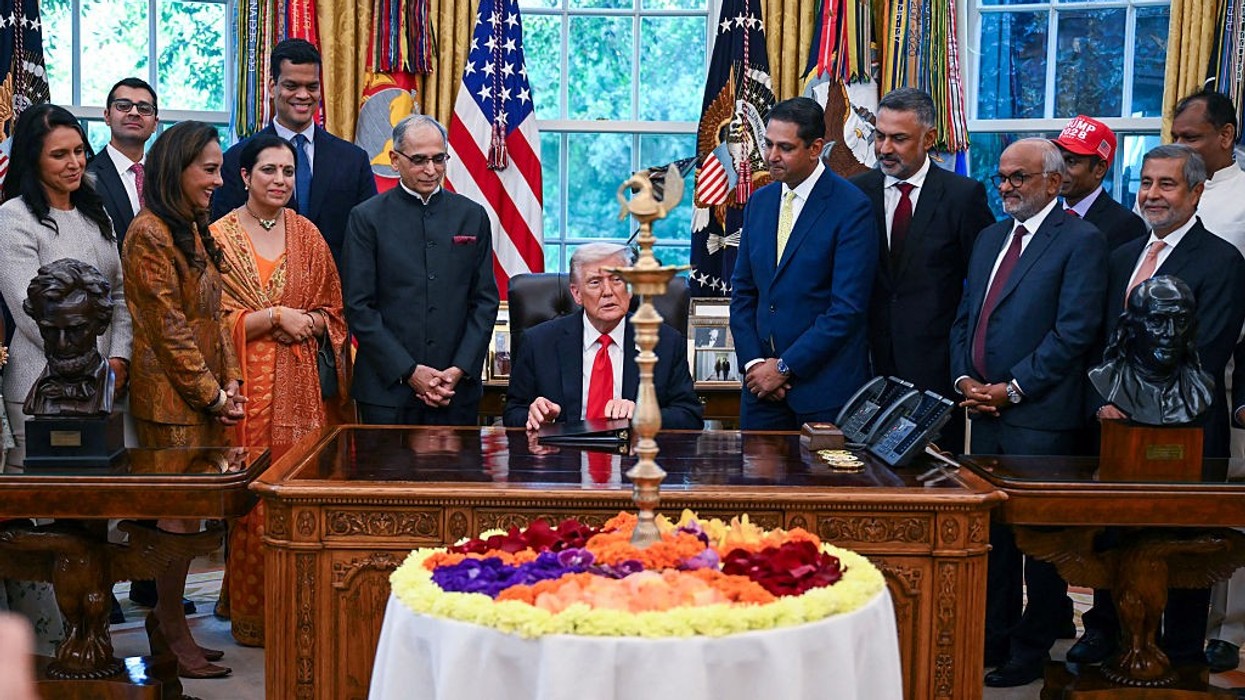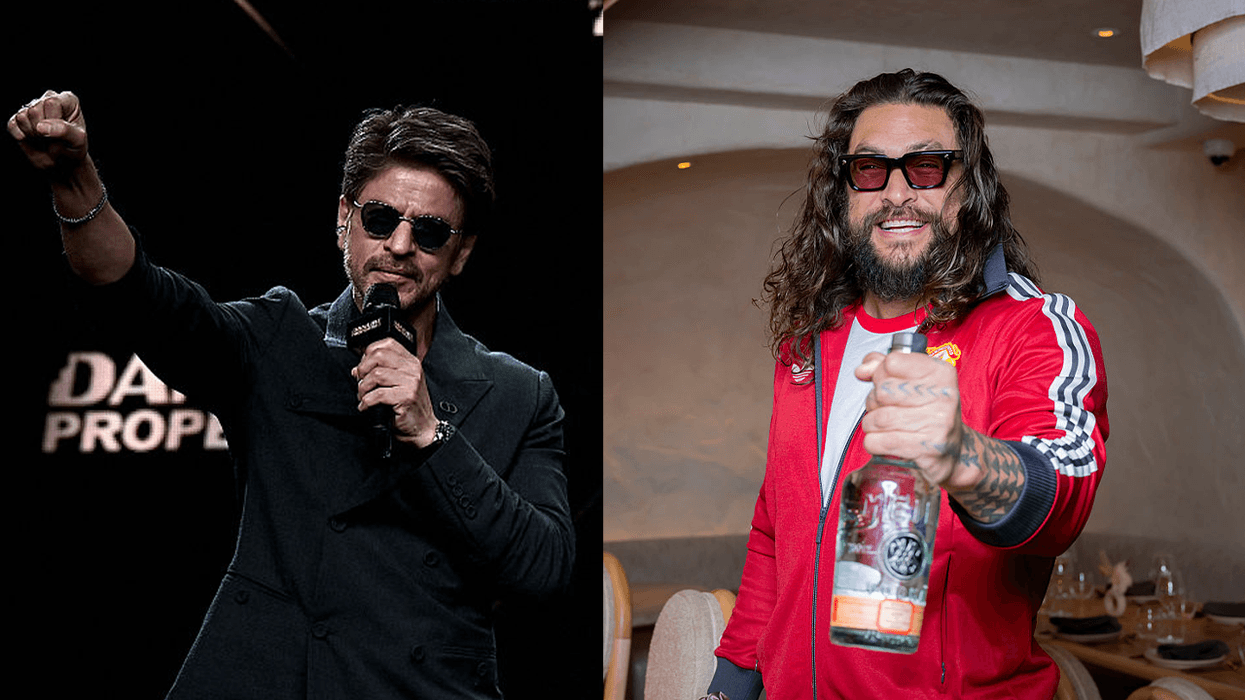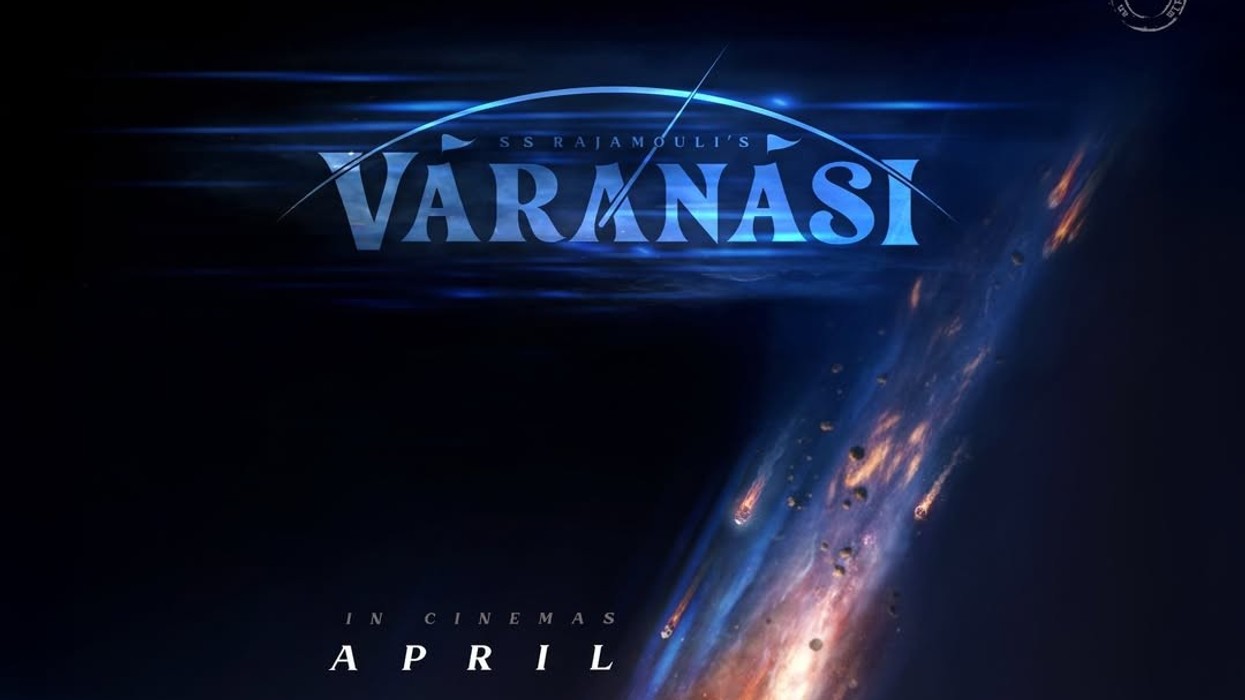Italian luxury fashion house Prada is facing intense backlash and legal scrutiny in India after unveiling its ‘Toe Ring Sandals’ at the Milan Men’s Spring/Summer 2026 fashion show.
The sandals, priced at over ₹1 lakh per pair, bear a striking resemblance to the traditional Kolhapuri chappals—handcrafted leather footwear with centuries-old roots in Maharashtra and Karnataka. The controversy erupted after Prada initially failed to acknowledge the Indian origins of the design, sparking allegations of cultural appropriation and misrepresentation.
Bollywood Celebrities Call Out Prada

The debate gained further momentum when Bollywood stars Kareena Kapoor Khan and Neena Gupta publicly criticized Prada’s move. Kareena Kapoor took a subtle dig at the brand by posting a photo of herself wearing authentic Kolhapuris on Instagram, captioned, “Sorry, not Prada… but my OG Kolhapuri.”
The following day, veteran actress Neena Gupta posted a video showcasing her own handmade Kolhapuri chappals, gifted by the late actor Laxmikant Berde. Gupta emphasized the value of authenticity, stating, “These are the most beautiful slippers I have ever had. Most beautiful and handmade. I love them. Thank you, Laxmikant. You are not there anymore, but I love you.” She captioned her post, “Real toh real hota hai (Real is real).”
Legal Action and Artisans’ Rights
The controversy has now moved to the courts, with a Public Interest Litigation (PIL) filed in the Bombay High Court demanding compensation for Kolhapuri artisans and a public apology from Prada.
The PIL, filed by intellectual property advocate Ganesh S Hingmire, alleges that Prada’s sandals are not only stylistically identical to the GI-tagged Kolhapuri chappals but also represent unauthorized commercial exploitation and cultural misappropriation. The petition argues that the traditional design, protected under India’s Geographical Indications of Goods (Registration and Protection) Act, 1999, has been rebranded under a European label without due credit or benefit to the original makers.
Prada’s Response and Ongoing Criticism
Under mounting pressure, Prada released a statement admitting that their sandals were “inspired by traditional Indian handcrafted footwear with a centuries-old heritage,” and indicated openness to collaborating with Indian artisans in the future. However, critics—including artisans, politicians, and industry leaders—have dismissed the statement as insufficient, demanding more substantive recognition and economic benefit for the Kolhapuri community.
Surge in Interest for Kolhapuris
Ironically, the controversy has led to a surge in sales and renewed interest in authentic Kolhapuri chappals, with Indian consumers rallying to support local artisans. Social media campaigns and open letters have called for greater appreciation and protection of India’s rich craft heritage, urging global brands to respect and credit traditional designs.
Broader Implications: Protecting Indian Craft
The Prada-Kolhapuri row has sparked a wider debate about the protection of traditional Indian crafts in a globalized fashion industry. Experts and activists are calling for stronger legal frameworks and ethical collaborations to prevent the exploitation of indigenous designs by international brands.
As the Bombay High Court reviews the PIL, the case could set a precedent for safeguarding the intellectual property and economic rights of India’s artisan communities.
In the words of Neena Gupta, “Real toh real hota hai”—a reminder that authenticity and cultural roots cannot be replicated or replaced by luxury labels.
















